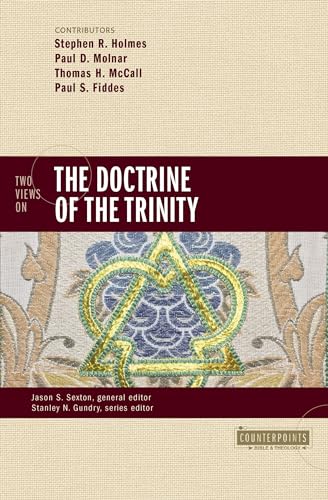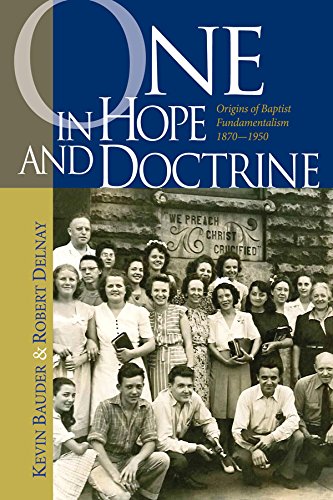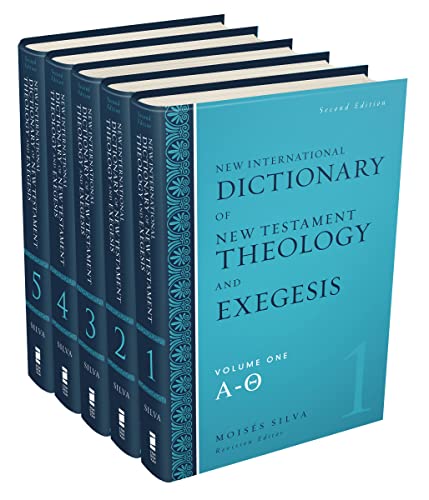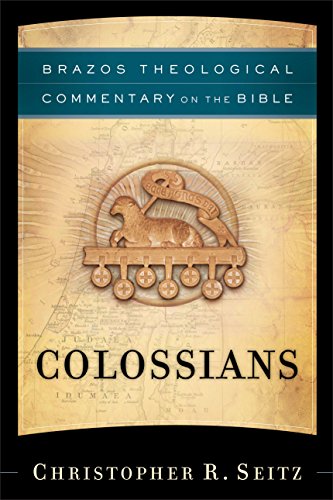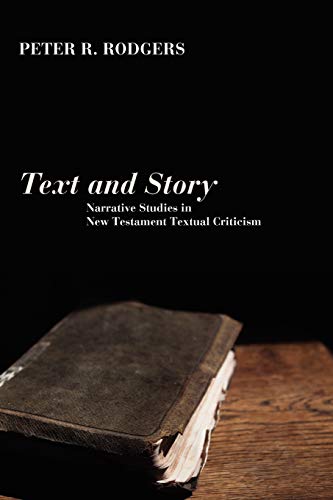The Seventh Book of the Stromateis: Proceedings of the Colloquium on Clement of Alexandria (Olomouc, October 21–23, 2010)
Written by Matyáš Havrda, Vít Hušek, and Jana Plátová, eds. Reviewed By H. Clifton Ward IIIThis volume is a collection of papers given at the Colloquium on Clement of Alexandria held in Czech Republic in October 2010, which marked one of the first international gatherings of scholars focused entirely on this early Christian theologian. Far too often, Clement of Alexandria is forced to the boundaries in discussions of early Christian theology, often forgotten between the likes of his predecessor Philo and the subsequent prolific writing of Origen. The Czech colloquium and this volume are evidence, however, that Clement is worthy of study in his own right. Like the colloquium, the book is fundamentally restricted in its scope, focusing exclusively on the themes Clement develops in Stromateis VII. After an introduction by Annewies van den Hoek on the state of Clementine studies, the book is divided into three thematic sections which correspond roughly with Clement’s emphases in Stromateis VII: “piety,” “perfection,” and “truth.” Unfortunately, the nature of an edited book restricts one from speaking to every essay in a short review, so I will highlight some significant contributions, while offering a brief perspective on the volume as a whole.
Annewies van den Hoek’s initial chapter serves as a useful introduction to the entire volume. Focusing on Clementine scholarship in roughly the last fifteen years, she discusses concepts familiar to Clementine scholars (e.g. esoteric knowledge, “gnostic” teaching, etc.) and, more importantly, she highlights some of the new perspectives that interdisciplinary and theological trends have brought to recent Clementine monographs (e.g. apophaticism, angelomorphic pneumatology, etc.). Yet, in my mind, viewing this volume as a resource for the study of Clement and Alexandrian theology, the crown jewel of this chapter—and really the entire book—is the inclusion of a lengthy bibliography of recent Clementine research. And while this might sound beneficial only for Clement scholarship, in reality, those with general interests in early Christian theology can easily find a number of works in this one resource to enhance their study, even if Clement himself is tangential to their own project(s).
No volume on Clement of Alexandria would be complete without contributions from senior scholars who have consistently produced insightful work on early Christian Alexandria. In this volume, Alain Le Boulluec plays this role, and provides the first chapter of the section on “piety.” Le Boulluec analyzes how Clement applies the method he proposes in the prologue of Stromateis VII: to persuade Greek philosophers from their own writings, without recourse to “the prophetic witness,” that the only truly pious individual is the Christian gnostic. Le Boulluec compellingly shows how Clement, amidst the claim to persuade the Greeks in their own language, uses an intertextuality between the writings of the Greek philosophers, the NT, and the prophetic testimony clandestinely to reveal an underlying process of education, which moves beyond Greek philosophy and even mere Christian belief to the initiation into true knowledge.
The second part of the volume is devoted to Clement’s portrayal of Christian perfection, and two essays especially emphasize the biblical foundation from which Clement creatively develops his theology. In an essay reflecting on Christian progress towards the knowledge of God and salvation, Veronika Černušková shows how Clement’s formulation of the Christian’s “likeness to God” (ὁμοίωσις) is developed from a reflection on Scripture’s injunction to be perfect as the Father is perfect (Matt. 5:48; Strom. 7.88.4). Judith Kovacs’s essay reflects on Clement’s use of Greek philosophical dialogues in his exegesis of 1 Cor 6.
To my mind, however, the most significant essays in the volume are to be found in the third section of the book. Here, the essays by Matyáš Havrda and Marco Rizzi are particularly helpful and deserve special attention. To open the third section’s focus on the concept of “truth,” Havrda spotlights Clement’s use of demonstrative method. He sets the context of Stromateis VII by displaying Clement’s adoption of terminology from long-standing Greek epistemological discussions. Drawing on the insightful heresiological scholarship of the aforementioned Alain Le Boulluec, Havrda shows how Clement turns to the principles of demonstration (ἀπόδειξις) available in Hellenistic philosophy to illustrate a consistent method of scriptural interpretation and frame an answer for the skeptic’s challenge on the reasonability of Christian belief (πίστις) among many divergent heresies.
Marco Rizzi’s chapter builds upon his earlier treatments of Clement’s epistemology where he has compellingly argued that a scriptural matrix of texts create the foundation of Clement’s understanding of knowledge (γνῶσις). In the present volume, Rizzi focuses on a literary formula employed at the end of Stromateis VII: “we shall give an account of what comes next, starting from another beginning” (Strom 7.111.4). Comparing this with a similar convention in Sextus Empiricus’s Adversus mathematicos, Rizzi argues that Clement planned to continue the work of the Stromateis beyond the seventh book, albeit with a hint of discontinuity. Rizzi then contends that Clement’s Hypotyposeis—a (sadly) lost exegetical work witnessed by the testimonies of later authors like Eusebius of Caesarea—may have been originally composed with the extant Stromateis as a single volume of Clement’s notes to record his oral teaching. Such a solution to the literary problems inherent in the study of Clement’s oeuvre seems at least plausible, and future reflection on this issue will have to account for Rizzi’s reconstruction.
At the outset of her introductory essay, Annewies van den Hoek lamented the reality she faced alongside Alain Le Boulluec nearly thirty years ago, when Clementine scholars were merely tolerated at conferences devoted to Origen. As The Seventh Book of the Stromateis displays, the tables have turned dramatically, and Clement of Alexandria has become a figure worthy of an entire colloquium in his own right. Other essays in this volume touch on recent questions in Clementine scholarship—his views on heresy, the relationship of church and school in Alexandria, and the connections between philosophy and theology in Clement’s thought. While this volume will be most helpful to scholars in fields related to early Christianity, and especially those with an interest in Clement, its structure allows movement beyond its main protagonist and offers a glimpse of the development of broad themes in early Christian theology—spirituality, sanctification, Scripture, exegesis, and philosophy. One may only hope that the Second Colloquium on Clement, which met in May 2014 and focused on Clement’s biblical exegesis, will provide another significant contribution to Clementine research.
H. Clifton Ward III
H. Clifton Ward III
Durham University
Durham, England, UK
Other Articles in this Issue
The account of Abraham's near-sacrifice of Isaac has been and will likely continue to be violently applied so long as the dominant misunderstanding of the text prevails...
In recent years, a growing cadre of younger historians has begun publishing significant books on the history of American evangelicalism...
Romans 4 remains a central text in the debate over the New Perspective on Paul...
Within the intra-Reformed debate over baptism, covenant theology is a crucial aspect in determining one's position...
‘Fathers of Faith, My Fathers Now!’: On Abraham, Covenant, and the Theology of Paedobaptism
by David GibsonThe figure of Abraham creates a covenantal framework for biblical theology that allows baptism to be considered in relation to the Bible's developing story line...



